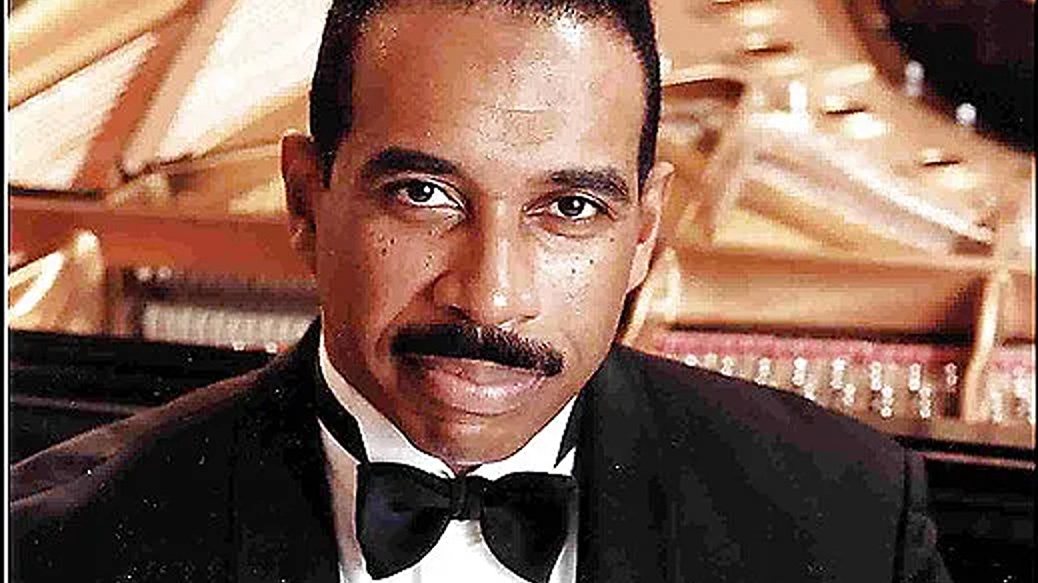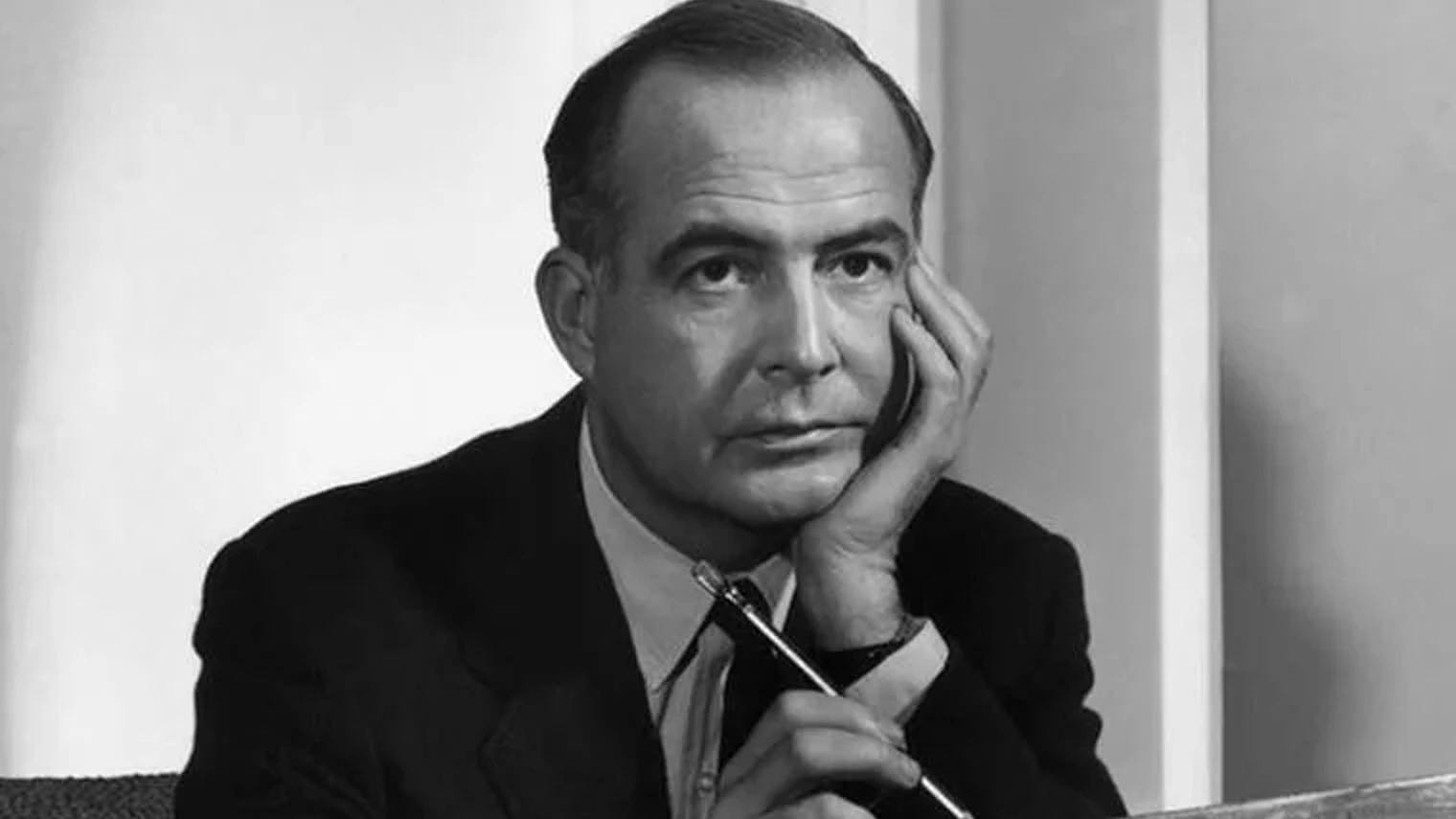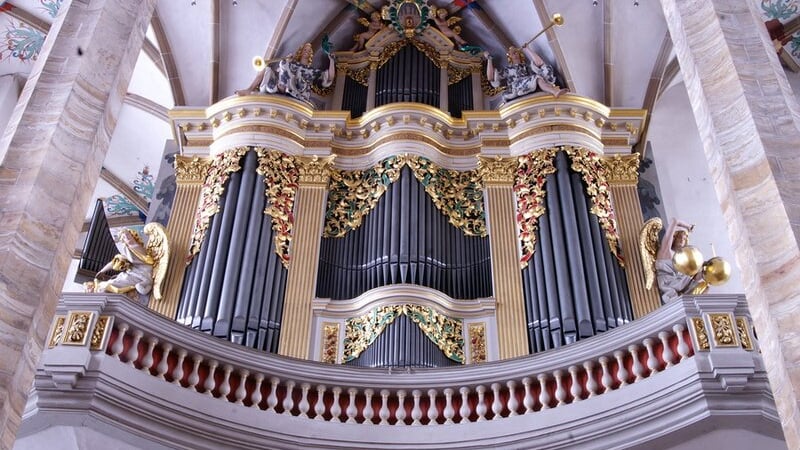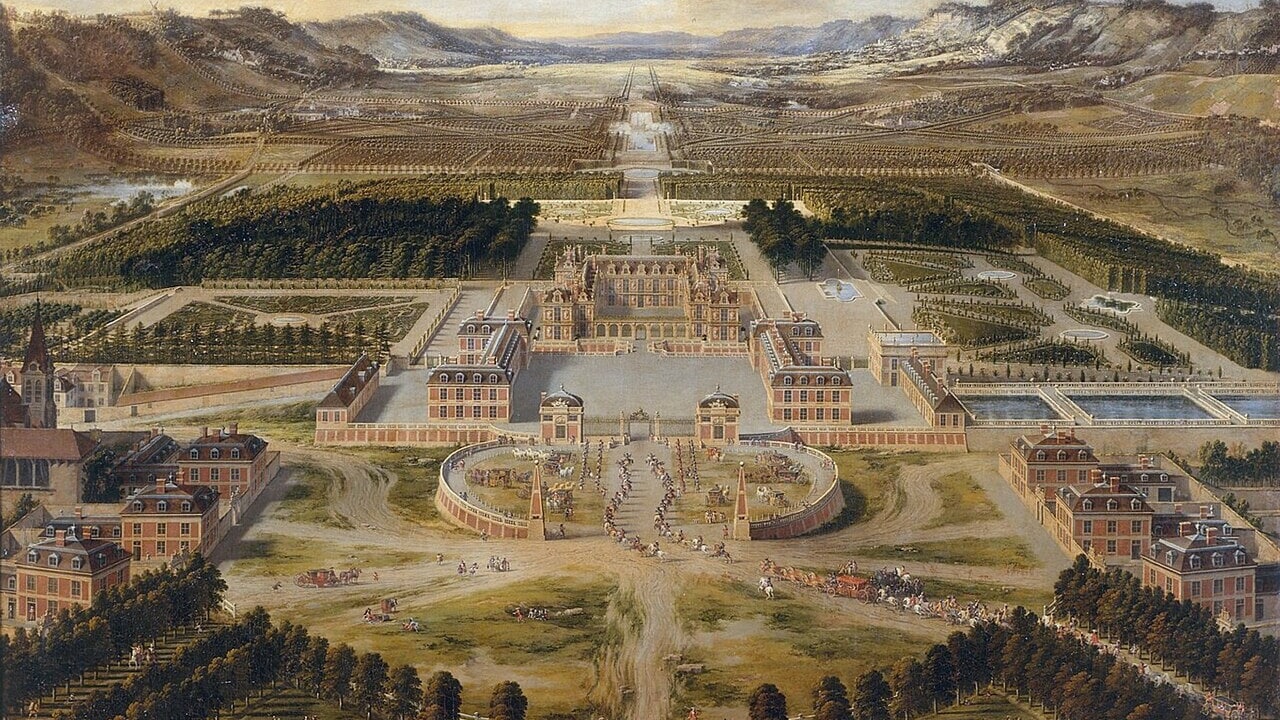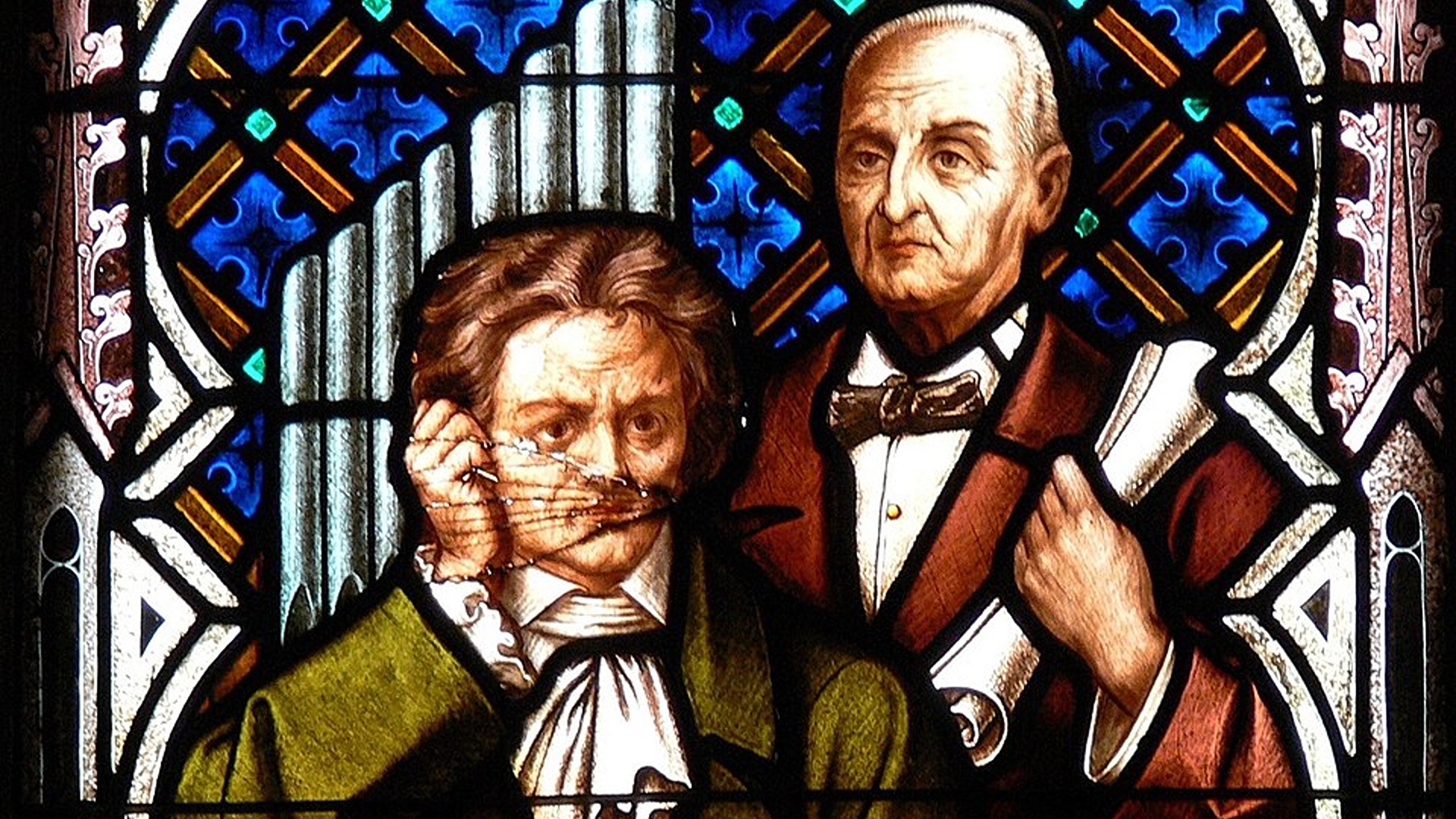Eric Whitacre’s “I Thank You God For Most This Amazing Day”: A Joyous Setting of E. E. Cummings
“i thank You God for most this amazing day is such a beautiful and joyous poem that the music was at times almost effortless,” writes American composer Eric Whitacre (b. 1970). The shimmering a cappella choral setting of e.e. cummings’ poetic prayer concludes Whitacre’s Three Songs of Faith, composed in 1999. In this work, the vibrant sound of the human voice becomes an expression of ecstasy. Celestial aspiring lines and bright, sensuous …


